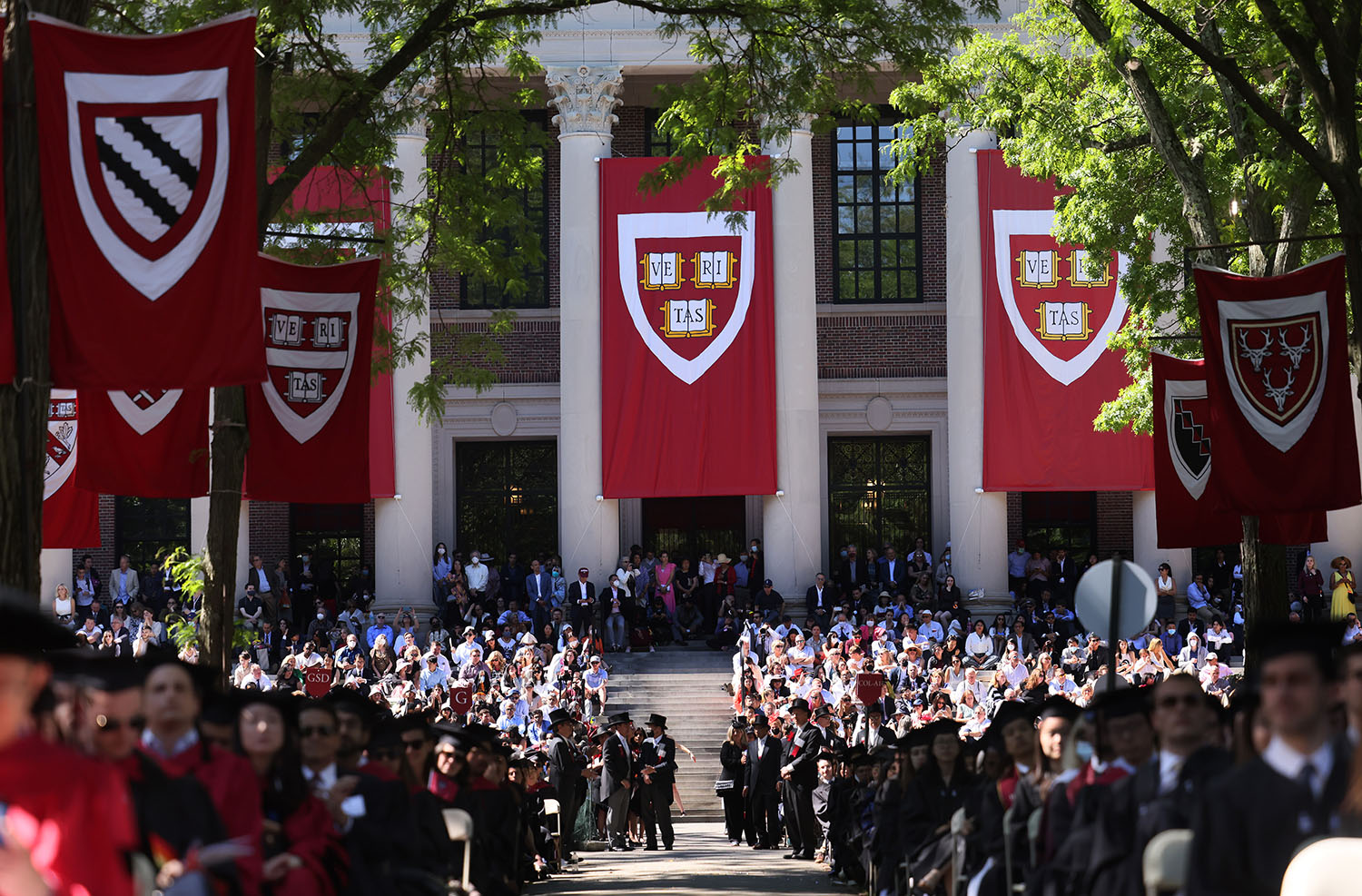But plenty of damage has already been done
Donald Trump has announced a 90-day pause in additional tariffs for all countries except China. He said he made the decision because more than 75 countries called to “kiss his ass”.
So what? Ego isn’t the only reason he backed down. A rout in US government bonds – the safety net for the global economy – forced his hand. So did opposition from his billionaire allies feeling pain on the stock market. Between his announcements on “liberation day” and yesterday’s reversal
- $6.2 trillion in market value was wiped from the S&P 500;
- US bond yields surged to levels not seen since 2020; and
- the dollar fell one per cent against a basket of major currencies.
This crisis of confidence in US companies, currency and sovereign debt was chiefly a response to a rapidly escalating trade war with China, which has placed cumulative tariffs of 85 per cent on US goods, in response to Trump’s 104 per cent levy in the other direction (now raised to 125 per cent). Europe also retaliated with tariffs on €21 billion of US goods.

Who’s winning? No one. The turbulence has wiped billions off pension pots and the odds of a global recession now stand at 60 per cent, according to JP Morgan. Central bankers face an unenviable task.
- For Jay Powell, head of the US Federal Reserve, the choice is whether to cut interest rates – a way to cushion the economy as spending and hiring slows – or keep them high in order to limit inevitable price rises from tariff hikes.
- At the same time, a weaker dollar is a headache for other central banks, including Europe’s, because it makes exports more expensive and restricts growth. The euro just had its best day against the greenback in more than two years.
Is this what Trump wanted? Kind of. Tariffs are above all a demonstration of his power – wielded over other nations and in spite of what anyone on Wall Street has to say about them.
But in the hours before Trump’s U-turn, it wasn’t going to plan. Scott Bessent, the US Treasury secretary, has gone on record to say it’s the aim of the administration to bring down the yield on 10-year Treasuries and cut US borrowing costs. Yesterday yields were heading fast in the opposite direction. One commentator described it as a “Liz Truss moment” akin to the disaster of Britain’s mini-budget.
Tit-for-tat. The fallout has exposed factionalism among Trump’s allies and supporters. Corporate opponents of the mayhem have crept out into the open, including:
- Elon Musk, who made direct appeals to Trump to back down, puffed the idea of a zero-tariff deal with Europe, and said Peter Navarro, Trump’s ascendant trade adviser, is “dumber than a sack of bricks”;
- hedge fund donors including Bill Ackman who warned tariffs would cause “economic nuclear winter” and criticised the logic of Trump’s commerce secretary; and
- manosphere influencers including conservative pundit Ben Shapiro who decried Trump’s “deliberate” tanking of the stock market.
False emergency. The legal pretext for Trump’s tariff policy is that America is facing an “economic emergency” (separate to the chaos of his own making). Under the International Emergency Economic Powers Act the president has broad power to launch tariffs to deal with “extraordinary threats”, but the act also gives Congress the power to reverse any declaration.
Writing in the FT, Senator Elizabeth Warren has encouraged Republicans to “stiffen their spines” and vote for a bipartisan resolution to “end the sabotage”. Republicans including Rand Paul of Kentucky have backed the resolution due to be voted on this week.
The alternative? If tariffs resume in 90 days, the rush towards safe havens that are neither America nor the dollar will continue; the price of goods in the US – particularly clothing and food – will soar; and the 70 million Americans who invest in stocks through their 401(k) risk losing their savings.
What’s more… During previous stock market crashes in 1987, 1997, 2001 and 2008, bond prices rose. But not this time. Foreign powers, first among them China, buy these Treasury bonds because they trust them as a safe place to store the dollars earned from Americans buying imported goods. After this week, that trust has been badly damaged.












